Burkina Faso Junta Intensifies Media Crackdown with Arrests of Journalists
Burkina Faso’s military junta has arrested three journalists, including key figures from the Journalists Association, marking an escalation in media repression. Their disappearances follow a protest against the junta’s restrictions. This situation is part of a larger trend among Burkina Faso, Mali, and Niger, which have seen an increase in authoritarianism and suppression of critical media.
Burkina Faso’s military junta has apprehended three distinguished journalists, intensifying its repression of media autonomy in the country, as noted in a report by Human Rights Watch released on Thursday. The arrested individuals include Guezouma Sanogo and Boukari Ouoba, who serve as the president and vice president of the nation’s Journalists Association, alongside Luc Pagbelguem from the local television station BF1. Their current whereabouts remain unaccounted for.
These arrests occurred shortly after the Journalists Association organized a press conference on March 21, denouncing the junta’s restrictions on media freedom. The trio’s arrest by plainclothes police took place on a Monday, and the Journalists Association was subsequently dissolved the following day.
This incident is emblematic of a broader pattern observed in the newly established Alliance of Sahel States, which includes Burkina Faso, Mali, and Niger. All three nations have experienced coups recently and are distancing themselves from longstanding alliances, such as ECOWAS, in favor of Russian security assistance, notably from the Wagner Group, in the ongoing fight against jihadist insurgency.
The AES coalition has systematically suppressed critical media, despite assurances of a new direction toward stability, which ironically, has resulted in increased civilian casualties compared to the situation prior to the coups, according to findings from the Armed Conflict Location and Event Data Project.
The repression of media in Burkina Faso has intensified; notable incidents include the earlier arrest of activist journalist Idrissa Barry, and government action to block multiple significant media outlets due to reporting on alleged human rights abuses. A report by HRW indicates that numerous journalists have fled the country, facing threats of imprisonment, torture, and forced disappearance linked to their journalistic endeavors.
Following Barry’s detention, a journalist remarked, “I have left Ouagadougou and will not return. Free media is dead here; only government propaganda remains.”
The ongoing arrest of journalists in Burkina Faso highlights a significant deterioration of media freedoms under the military junta. The dissolution of the Journalists Association and the imprisonment of several media figures underscore a grim reality for press autonomy in the region. This trend reflects a broader suppression of journalism in the Sahel, where states are increasingly veering toward authoritarian practices and restricting critical reporting, thereby stifling free expression and losing the essence of democratic governance.
Original Source: www.newsday.com
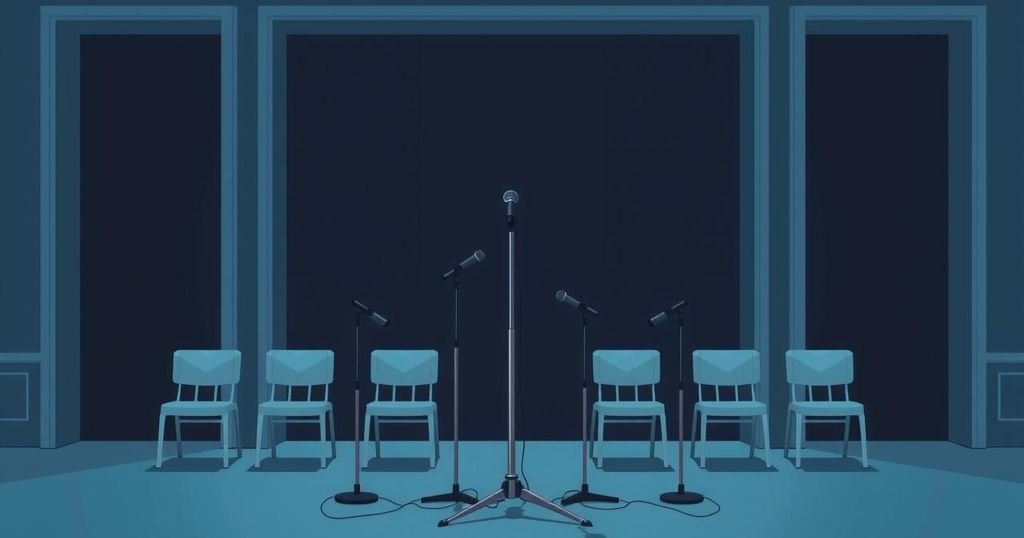

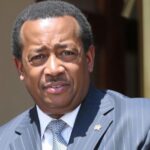
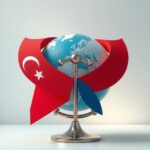
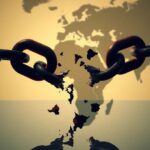
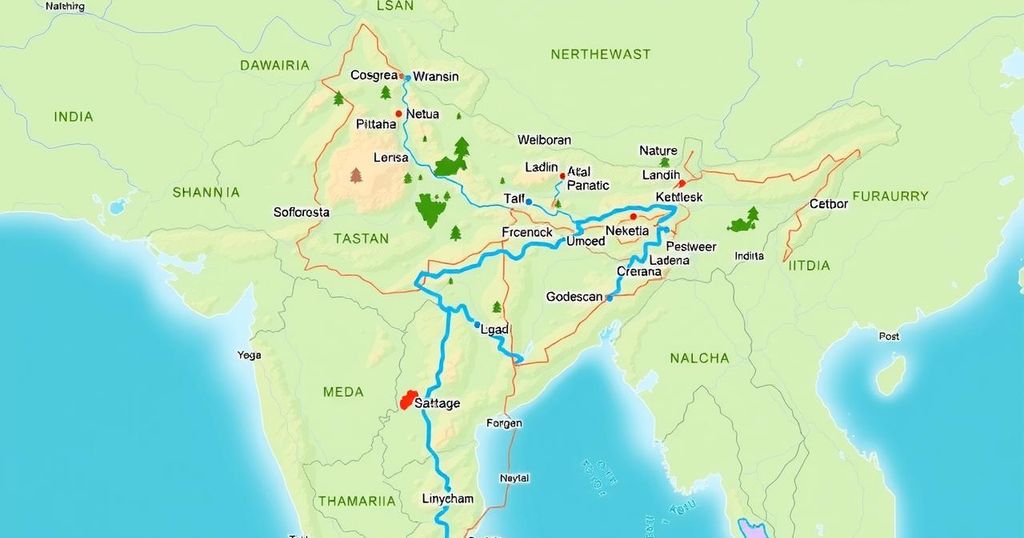
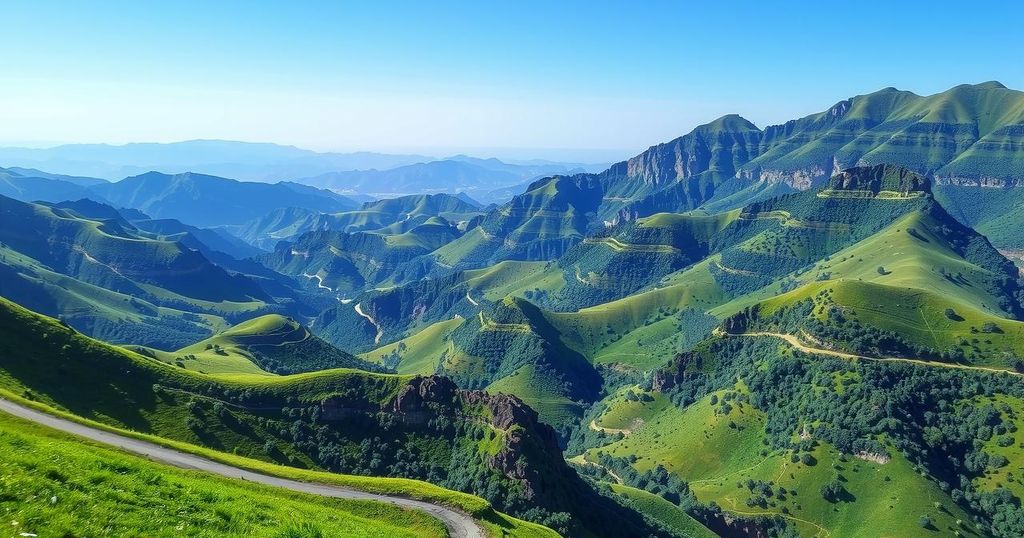

Post Comment